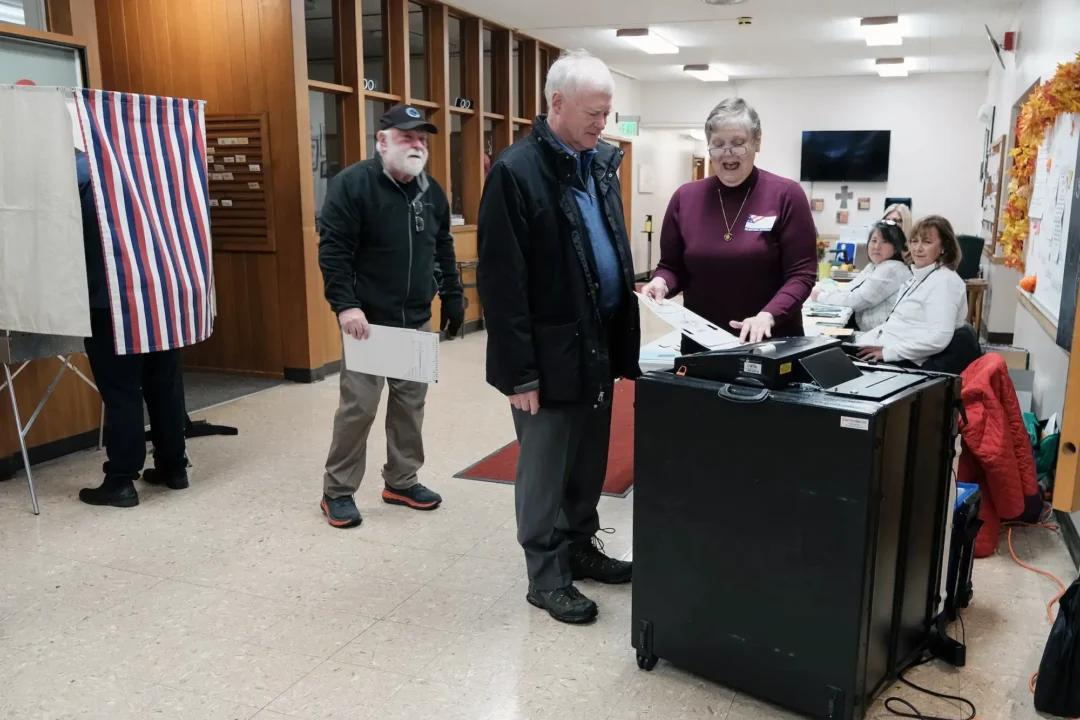The Alaska Supreme Court has ruled to allow a measure seeking to repeal the state’s ranked-choice voting system to remain on the November ballot, marking the latest chapter in a legal battle over the state’s electoral process.
The high court’s order, issued on Aug. 22, affirmed a June 7 summary judgment by Superior Court Judge Christina Rankin, who ruled that the Alaska Division of Elections acted within its authority when it allowed the sponsors of the measure, known as 22AKHE, to correct errors in their petition booklets after they were submitted.





